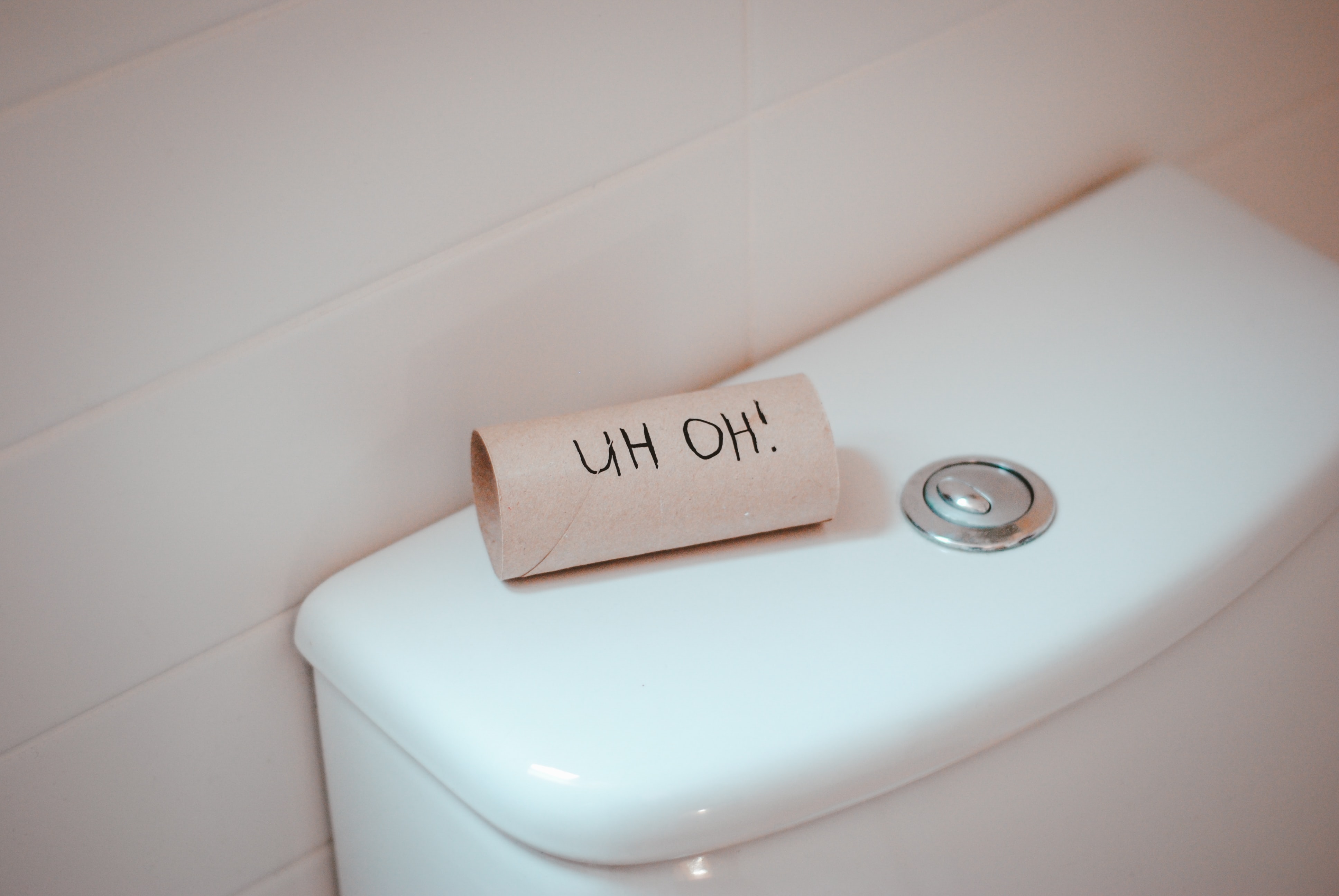Urinary incontinence - take control of your bladder health

Urinary incontinence can be defined as leakage of urine that you cannot control. It is often underreported as patient may feels embarrass to discuss about it openly and continue to suffer in silence. Urinary incontinence is not part of getting older and if untreated can negatively affect one’s emotional, psychological and social aspects. Urinary incontinence often cause limitation in social and sexual life, depression and dependency to others for activities of daily living.
The urinary system consists of the kidney, ureter, bladder and urethra. The kidneys will excrete waste and excess water as urine down to two narrow tubes called the ureters to be store in the bladder. Bladder’s walls will relax and expand to store urine and contract and flatten to empty urine through the urethra. A healthy adult bladder can store up to two cups of urine for two to five hours. The urethra is the tube that carries urine out of the body. The sphincter muscles keep the urethra closed so that urine doesn’t leak. Once you are ready to urinate, the brain sends a signal to the bladder causing the bladder muscle to contract and the sphincter muscle to open forcing the urine through the urethra out of the body.
There are several types of urinary incontinence:
- Urge incontinence — described as having persistent, intense and sudden urge to urinate. The bladder contracts when it shouldn’t and cause the urine to leak through the sphincter muscles holding the bladder closed. You just can’t control or ignore this “gotta go” feeling and may need to urinate often including throughout the night.
- Stress incontinence — described as urine leakage when you exert pressure on your bladder by coughing, sneezing, laughing, exercising or lifting something heavy.
- Overflow incontinence — described as involuntary release of urine from an overfull bladder, often in the absence of any urge to urinate due to blockage of bladder outlet or when the muscle that expels urine from the bladder is too weak to empty the bladder normally
- Mixed incontinence — typically a combination of stress and urge incontinence, it shares symptoms of both
- Functional incontinence — any physical or mental impairment that keeps you from making it to the toilet in time such as pain from knee osteoarthritis or dementia
There are two causes of urinary incontinence. The first one is acute, more transient and reversible. The second is more chronic and persistent.
Reversible causes of urinary incontinence includes delirium (acute change of mental status), urinary tract infection, post-menopausal atrophic vaginitis, inflammation of the urethra (or urethritis) from sexually transmitted disease (STD), medications (such as diuretic, sedating pain medication, anti-depressants), excess urine (due to excessive fluid intake, diabetes, caffeine intake, hypercalcaemia, orgain failure such as heart failure and kidney failure), restricted physical mobility and stool impaction due to constipation. It could also be due to factors such as pregnancy and childbirth. Treatment based on diagnosis such as stopping the medication that can cause or worsen the urinary incontinence, antibiotic, managing underlying diabetes and optimisation of organ function, topical estrogen cream and clearing the bowel regularly by increasing fiber, fluid, vegetables, fruits and use of stool softeners.
The chronic treatable causes of urinary incontinence includes prostate diseases such as benign prostatic hyperplasia (BPH) and prostate cancer and uterovaginal prolapse. Treatment include use of medical therapy for BPH, surgery, radiotherapy, chemotherapy for prostate cancer and pelvic floor exercises or surgery for uterovaginal prolapse.
There are also chronic and possibly irreversible causes of urinary incontinence including spinal injury, multiple sclerosis, Parkinson’s disease, stroke, spina bifida, dementia and diabetes (neurogenic bladder). For most patients, emptying of the bladder can be accomplished with intermittent catherization several times a day or by continuous drainage of urine into a sterile drainage bag.
If you suffer from urinary incontinence, talk to our doctor for the right advise and treatment for your conditions.



